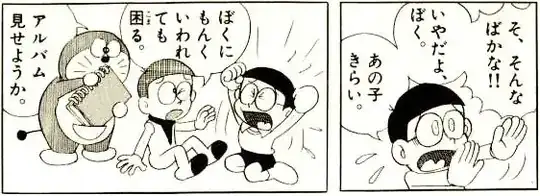I understand the basics of the "suffering passive". For example, it's my understanding that in a sentence like 友達にビールを飲まれた, "tomodachi ni" marks the person who drank your beer.
ぼくにもんくいわれても困る
Who does ぼく refer to and what is the role of ぼくに in this sentence?
